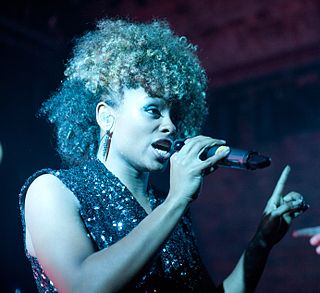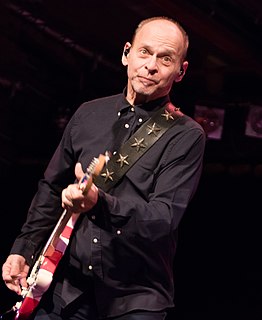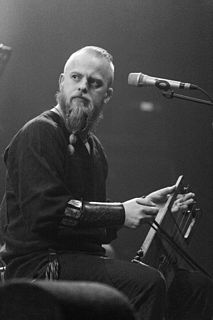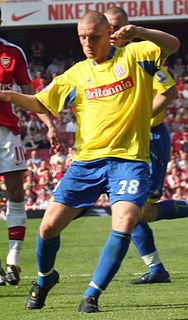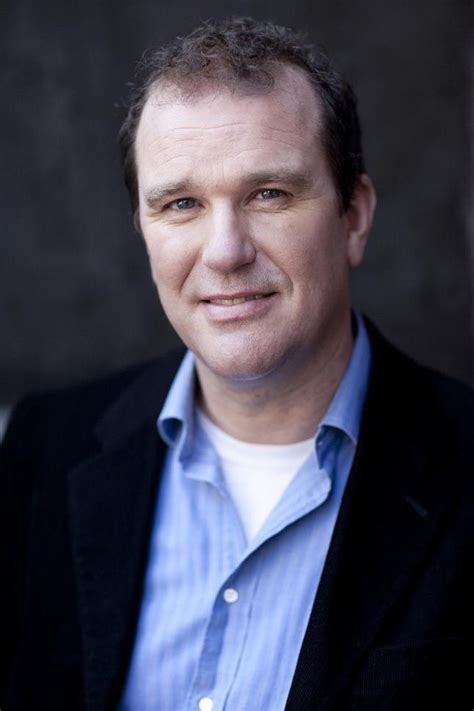A Quote by Alanis Morissette
I started writting songs when I was really little because there were things I could say through songs that I couldn't verbalize any other way. Writting was something I had to do.
Related Quotes
Even writing verses from my first album, there were songs that I didn't use because I just felt that they weren't really for me. But I think that happens naturally when you write songs. You're in a different mood in every session. There's so many songs out there that could potentially be used by other artists.
The beauty of Billie Holiday is that she gave every singer after her the license to interpret and perform music in ways that were unique to each of us. Her uniqueness was very much a part of the way she sang the songs, the story she wanted to tell through the songs. I didn't really have a full understanding of Billie until I left home -- until I'd lived a little, shall we say. At different seasons of my life, when I'd sing her songs or listen to her albums, I'd hear things I didn't hear before. Wherever you are in life, you'll hear different things in her songs.
Throughout all of the changes that have happened in my life, one of the priorities I've had is to never change the way I write songs and the reasons I write songs. I write songs to help me understand life a little more. I write songs to get past things that cause me pain. And I write songs because sometimes life makes more sense to me when it's being sung in a chorus, and when I can write it in a verse.
I hadn't played any music since freshman year of college, more than thirty years ago, so I had to relearn everything. I started writing songs. Some were dance and trance songs (I listen to them a lot while I'm writing), and some were love songs, because that after all is what music is about - dancing and trancing and love and love's setbacks.
In my culture we had songs for everything, and that's lost now. There were songs for when people were born, when they died, when they sowed the field, baked bread and they're gone now mostly. I think we need these songs today. One of the reasons people connect to Wardruna in such a personal way is because there is a need for these songs and for that kind of connection to the nameless. Call it nature, god whatever.
So I realized when I was successful in a piece, it was because I didn't abandon a notion early on what it ought to be, and I let it take me along. So I've had songs that started out as being about the environment and ended up being love songs and love songs that ended up being about the environment. I've had things that I thought would be a poem and realized that it was just too big for that. I've got to do something larger and it became a play. I wrote one poem that started a whole play.
I still have my first paycheck. It was just, I think, a dollar or two that I got when I started as a songwriter with BMI, and I had some songs there that I had through the company, and in the mail I got this big old check for, like, a dollar and a half or something. Somebody had recorded one of my songs.
Often for me, if I hear a song I know, it clicks for me and I hear it in a different way and I think, "I could sing that song. I've got something to say about that song. Wanting to connect with an audience and wanting them to rethink songs; it is actually important to do songs they're familiar with. Also, I love those songs. In a way, I think I've changed people's perceptions of what a cabaret show like this could be.



